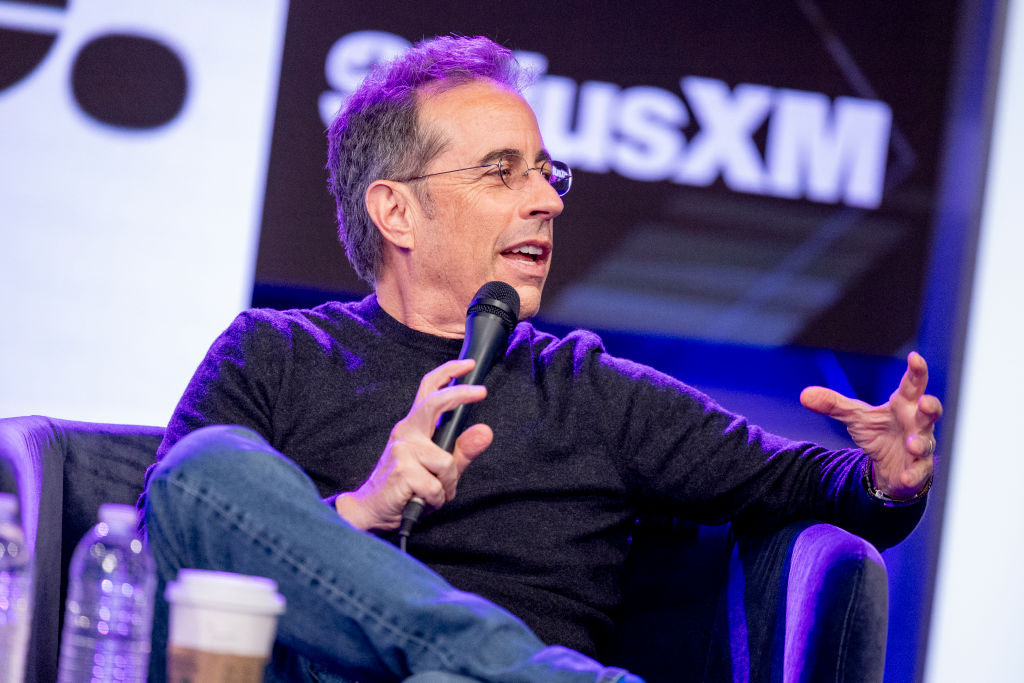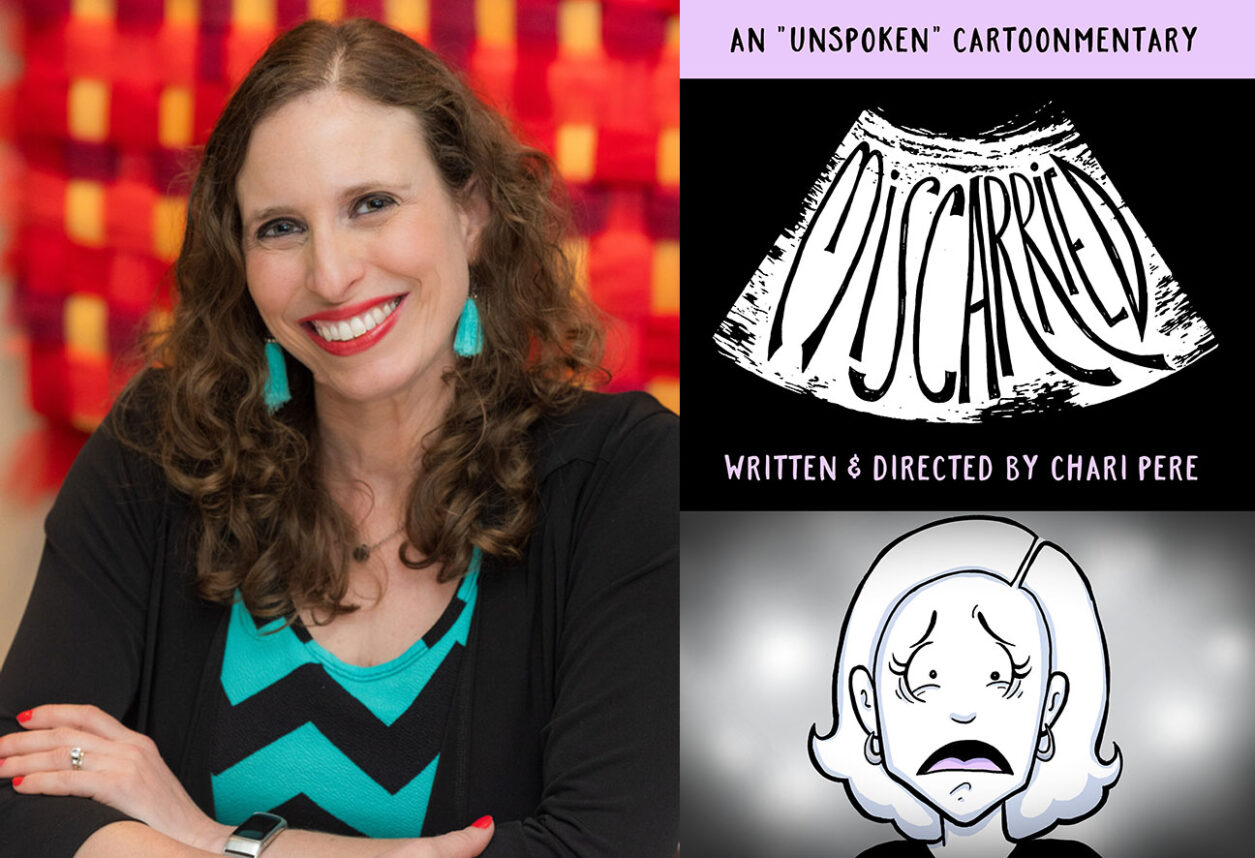As has been widely reported, Rabbi Steve Greenberg performed a Jewish wedding ceremony for Yoni Bock and Ron Kaplan last week, a ceremony being referred to in at least one press account as “the first Orthodox gay wedding”. This description derives from the fact that Rabbi Greenberg’s ordination is from YU, and that he has always identified himself as being Orthodox. I know the latter to be true not second-hand, but through the friendship that he and I have maintained over many years, dating back to our years at Yeshiva.
This wedding ceremony raises a serious question for the part of the Modern Orthodox community in which I live. The question is not about whether we should recognize the ceremony as being religiously significant. We obviously do not and cannot. The formal religious partnering of two men or two women is unalterably contrary to both the law and the spirit of the Torah and the Halacha, and an Orthodox gay marriage ceremony is as hopeless a misnomer as an Orthodox intermarriage is. How we assess the religious significance of the ceremony is clear-cut and simple.
The question that it raises rather, is whether we should continue to publicly speak about Orthodoxy and homosexuality in the nuanced way that we have been speaking about it over the past several years. I hope that you are by now familiar with the “Statement of Principles” http://statementofprinciplesnya.blogspot.com/ in which many Modern Orthodox rabbis and teachers affirmed the importance of being inclusive of, and sensitive to the challenges of gays and lesbians within the Orthodox community, even as we recognize that Halacha views same-sex sexual interactions as prohibited. This is indeed a highly-nuanced position. So much so, that our shul hosted a major event last summer whose purpose was to explore what exactly this all means in real life. (And we were pleased to have Rabbi Greenberg participate in that discussion.) But when I read about the wedding, I wondered to myself whether our nuanced approach had unwittingly contributed to the erosion of the halachik standard, whether we had created the impression that the values of sensitivity and inclusion must ultimately trump the law. I asked myself whether with regard to this issue, nuanced discussion simply couldn’t be heard.
As I thought the whole matter through, I came to the conclusion that despite these legitimate questions, our nuanced public discussion must go on. The essential premise of the discussion, that the religious prohibition on homosexual sex must not be turned into a justification for demeaning, embarrassing or harassing gays and lesbians, is still as true as ever. The central idea that gays and lesbians who desire to daven and perform mitzvot should be welcomed into the community of davening and mitzvot, still makes sound religious sense. I do think that last week’s wedding compels us to think more – and to talk more explicitly – about the point at which inclusion begins to send a misleading message. And I do think that we must take even greater care now to not be naïve in our deliberations. But I also believe that any decision to abandon our nuanced discussion would be a decision to abandon many cherished members of our community. It is our responsibility to them to carefully forge ahead.






















 More news and opinions than at a Shabbat dinner, right in your inbox.
More news and opinions than at a Shabbat dinner, right in your inbox.